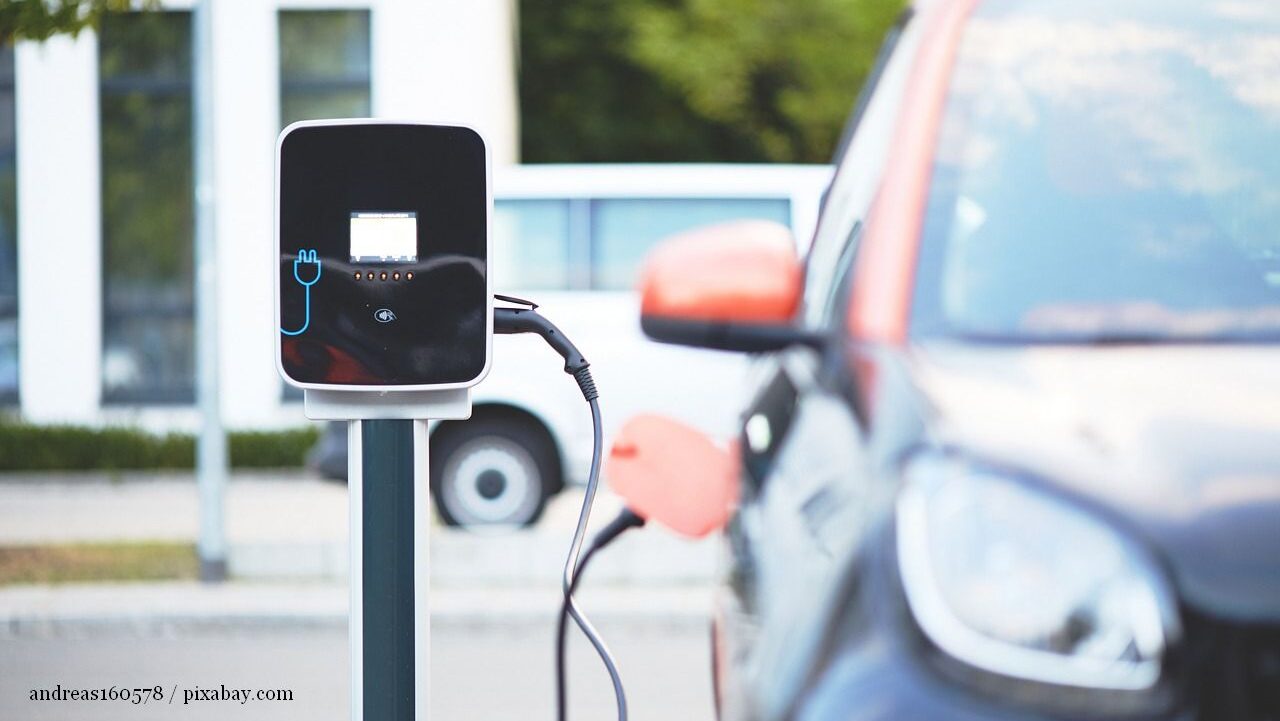Anticorruption and the independence of the judiciary
The situation of the judicial system and the anti-corruption fight in Romania have been discussed in New York and Brussels

Bogdan Matei, 24.05.2018, 13:21
The head of the National Anticorruption Directorate Laura Codruta Kovesi is often described, both by her unconditional supporters and her sworn enemies, as the most powerful woman in Romania. The former see her as the spearhead of the fight against corruption and a goddess of vengeance on the politicians who enrich themselves by plundering public budgets. The latter paint her as the head of a reprisal machine that does not hesitate to break the law and disrespect human rights in order to build cases at political command. A controversial figure in Bucharest, Kovesi has been invited to New York to attend a debate on the 15th anniversary of the adoption of the United Nations Convention against Corruption. In her address at the UN headquarters, she said the greatest challenge for Romania is maintaining the independence of judges and prosecutors.
Laura Codruta Kovesi: “There have been repeated attempts to limit the efficiency of our investigations by initiatives of amending the anti-corruption legislation, by restricting the tools used by the prosecutors or by denying waiving the immunity of the politicians involved in corruption cases. The entire justice system has faced attacks in the form of fake news and public statements which could weaken the public trust in the judiciary.”
This is how the head of the National Anticorruption Directorate summed up the situation in the last one and half year, a period in which the ruling coalition formed by the Social Democratic Party and the Alliance of Liberals and Democrats has been accused of trying to put an end to the fight against corruption and place magistrates at their orders. In the last five years alone, said Kovesi, the Directorate has indicted 14 current and former ministers and 53 MPs. 27 of them have already received final sentences. In the same period, the Directorate has seized more than 2.3 billion dollars.
The justice minister Tudorel Toader responded from Bucharest that the acquittals, the legal conflicts of a constitutional nature, the cases affected by the statute of limitations and the abuses are not fake news. Toader, who has already unsuccessfully called on president Klaus Iohannis to dismiss Kovesi, rhetorically wondered if the principles of the rule of law allow for well-built cases to lead to so many acquittals. He was referring to cases built by the National Anticorruption Directorate against the former Social Democratic prime minister Victor Ponta and his minister Dan Sova, the Liberal Democrat speaker of the Senate Calin Popescu Tariceanu and the former senator and constitutional judge Toni Grebla, all of whom have been acquitted in courts in recent weeks.
For all its resounding successes and its painful failures, the fight against corruption must continue, the media in Bucharest say. Proof of this is a recent report on Romania drawn up by the European Commission. Although dealing predominantly with economic issues, the report points out that what has happened in the last one year and a half has to a large extent raised question marks over the irreversibility of the progress made in reforming the legal system and combating high-level corruption, a scourge that threatens the business environment itself. (translated by Cristina Mateescu)






























